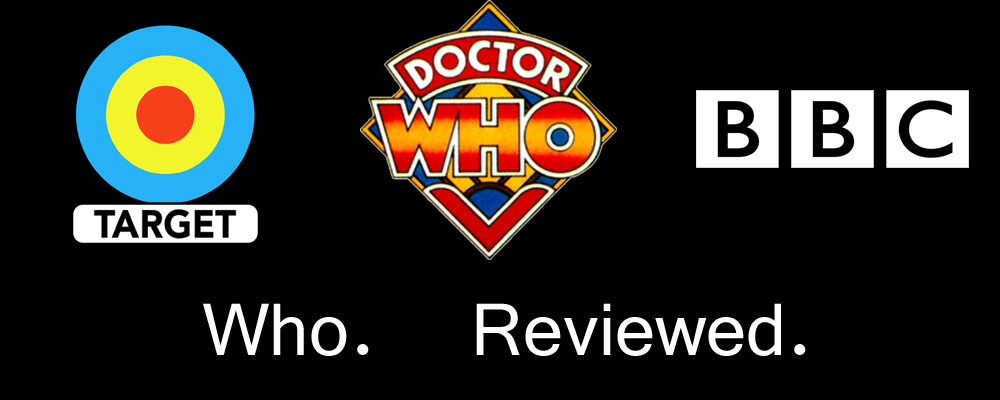One of the script's more disappointing features is that although the oncoming missiles are references regularly, they in no way increase the tension. They, like Nefertiti and the Silurians, are simply there as plot expediencies.
The presence of historical figures Queen Nefertiti and the game hunter Riddell was odd. That the Doctor would call someone who kills for sport a friend is jarring in the first place, but neither character actually served a specific script purpose that couldn't have been filled by a regular (or Rory's dad). Their role was so sidelined that it actually cheapens
The predicably hackneyed interplay between guest companions didn't help, but also added to the epilogue's "biggest boy-girl left turn" since The Invasion of Time. In so doing, the script cheapened Nefertiti's to add the element of "and we all lived happily ever after". If you're going to give an explanation why a famous historical figure drops abruptly out of recorded sight, at least give them the dignity of an entire story about it, rather than a postscript.
| Courtesy: seriable.com |
Nefertiti and Riddell didn't need to be there, let alone travel in the TARDIS. The current "Let's let anyone go for a ride in the TARDIS" thing doesn't synch with a man trying so obviously to keep a low profile. Neither does it make you feel like the current "companions" are special - it's a wonderful, mind-blowing experience made valuable through it's rarity. That the Doctor chooses to travel with someone is the most incredible gift, a journey that elevates a character from "acquaintance" to "friend". With seemingly every second person taking a series of trips, the value of this gift decreases.
Although the Mitchell and Webb robots weren't my idea of how a robot should act, they can be easily explained away as "Someone in the galaxy thinks this is how robots interact". However, it labours an already-loaded concept (dinosaurs, spaceships, silurians, Nefertiti and now squabbly robots).
It's obviously a script based around a title. That said, the title says "fun" and that's Chibnall and director Saul Metzstein delivered. Basing episodes on concepts (eg. Skeletons in spacesuits) can be hit or miss. So it was a pleasant surprise when, despite the abject title, Chibnall's script was quite thoughtful. The Silurian presence was unexpected and the best possible story genesis, while using the almost-robotic Indian Space Agency was a deft touch that continued Who's estrangement from the new series' anchor point, early 21st century Britain.
In two words: Kiddie fun.
Rating: A solid 3.
